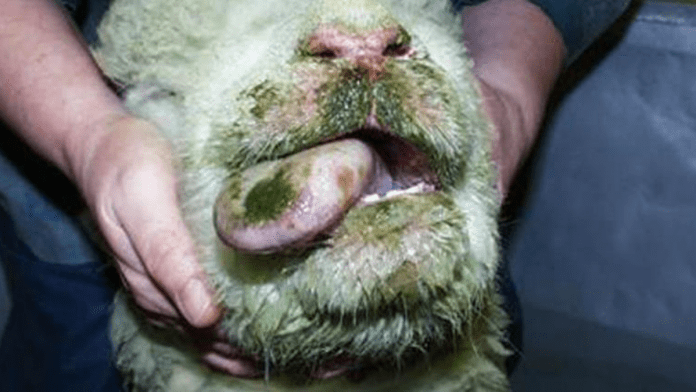News in brief: Irish farmers have been alerted about the rising bluetongue virus (BTV-3) cases in Europe, which affects various ruminants and can significantly affect their production.
The Ulster Farmers’ Union (UFU) has urged Irish farmers to beware of the risks associated with importing live animals from overseas due to a rise in bluetongue virus (BTV-3) cases across Europe.
A news report claims that the World Organisation for Animal Health (WOAH) confirmed the presence of the virus at four sheep farms in the Netherlands in September, which the country’s first outbreak since 2009. The route of BTV-3 incursion into the Netherlands is currently unknown.
The highly contagious virus, transmitted by biting midges, can affect cattle, sheep, goats, and other ruminants. Its symptoms can include fever, swelling of the head and tongue, and lameness. In severe cases, the virus can be fatal.
Unfortunately, there is no vaccine available for BTV-3 in Europe. Farmers are urged to contact their veterinarian for advice on how to reduce risk of the virus to their herd.
Farmers are advised to take certain steps to reduce the risk of transmission of Bluetongue. They include reduction of live animals imports, and use of insect repellent to protect animals from biting midges. Other measures include the monitoring of animals for signs of bluetongue and report of same to relevant authorities, where suspected.
Diseases can impact production animals severely by reducing their potential. With livestock making up 40% of the value of global agriculture and supporting a fifth of the world’s population income, it is vital that farm animal diseases are monitored and controlled.
For Ireland, controlling animal diseases is even more important because more than 60% of its agricultural value (â¬6.1 billion) is tied to livestock production.



